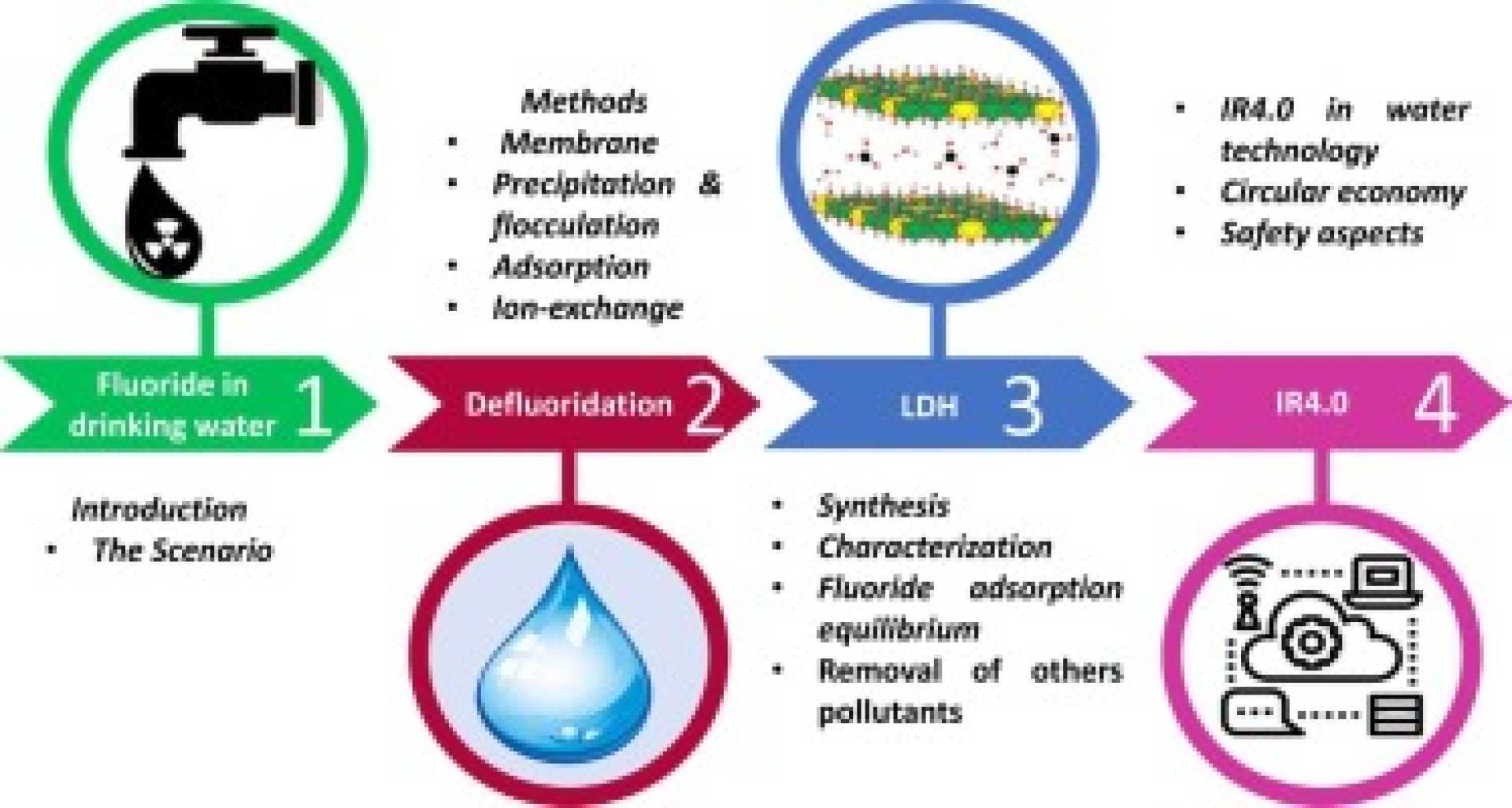Health
Trump Administration May Remove Fluoride From Drinking Water, Sparking Health Debate

In a recent development that has sparked a significant health debate, Robert F. Kennedy Jr. has claimed that if Donald Trump is elected president, his administration will advise all U.S. water systems to remove fluoride from public drinking water. Kennedy made this declaration on the social media platform X, stating that Trump and his wife, Melania, aim to “Make America Healthy Again” by eliminating what Kennedy describes as an “industrial waste” associated with various health risks.
Fluoride has been added to drinking water in the United States since 1945 to prevent tooth decay and strengthen teeth by replacing minerals lost during normal wear and tear. The practice is widely supported by major public health groups, including the American Academy of Pediatrics, the American Dental Association, and the Centers for Disease Control and Prevention (CDC), which have named nationwide fluoridation one of the 10 greatest public health interventions of the 20th century.
However, Kennedy and some critics argue that fluoride exposure is linked to several health issues, including arthritis, bone fractures, bone cancer, IQ loss, neurodevelopmental disorders, and thyroid disease. A recent federal court ruling and a report from the National Toxicology Program have highlighted concerns about the potential risks of fluoride, particularly its impact on children’s IQ. U.S. District Judge Edward Chen ordered the Environmental Protection Agency (EPA) to take regulatory action to address these risks, although the exact measures were not specified.
Trump, while not having discussed the issue with Kennedy directly, has indicated that he is open to the idea. “Well, I haven’t talked to him about it yet, but it sounds OK to me. You know it’s possible,” Trump told NBC News.
The debate over fluoride in drinking water is not new, but it has gained renewed attention with the upcoming election. State and local governments currently decide whether to implement fluoridation, and some communities have already opted out of the practice. The recommended level of fluoride in drinking water was lowered in 2015 to 0.7 milligrams per liter to address concerns about fluorosis, a condition that can cause splotches on teeth.
The potential removal of fluoride from public water systems has significant implications for public health, particularly in the context of dental health. While fluoride toothpaste and mouthwashes are widely available, many health professionals argue that water fluoridation remains a crucial measure in preventing tooth decay, especially for populations that may not have access to regular dental care.












